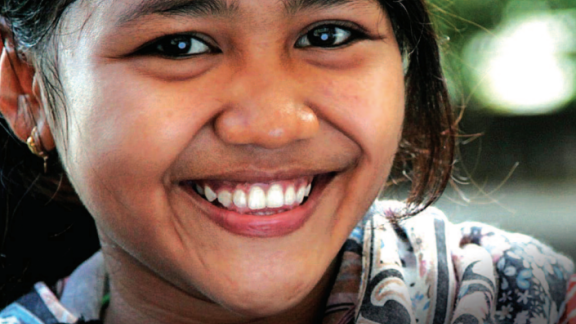Youth in Indonesia are faced with challenges when it comes to accessing sexual reproductive health and rights. Particularly unmarried youth are marred with barriers and restrictions in accessing sexual and reproductive health services. Hence, IPPF ESEAOR commissioned a study in Indonesia specifically to determine the impact of law on youth’s access to sexual and reproductive health services in Indonesia. This study found that several laws and regulations directly affect youth’s access to SRH services in Indonesia; in particular, laws regulating access to contraceptives and abortion services. Articles 72 and 78 of the Health Law, as well as Articles 21, 24 and 25 of the Population and Family Development Law provide that contraceptives and family-planning services are intended for legally married couples.
This study explored youth’s and health service providers’ knowledge, perceptions and understanding of various areas of law; and how these affects young people’s access to sexual and reproductive health (SRH) services in Indonesia. To achieve these objectives, the researcher employed several methodological approaches, including a desk-based review of existing laws, regulations, and policies on SRH in Indonesia, as well as qualitative and quantitative methods of in-country primary data collection and analysis. The methodology for this research draws and expands upon a pilot multi-country study conducted by Coram International and the International Planned Parenthood Federation in El Salvador, Senegal, and the United Kingdom in 2012 - 2013.
IPPF ESEAOR and our Member Associations will use the evidence generated to inform our SRHR advocacy efforts. The analysis will be used with policymakers to advocate for changes to the legal system, to expand instead of restricting access, to all youth. The research will also guide the content of our youth programming, to address misunderstandings about SRHR and the law, and empower youth to advocate for a youth-friendly SRHR environment.
when
country
Indonesia









